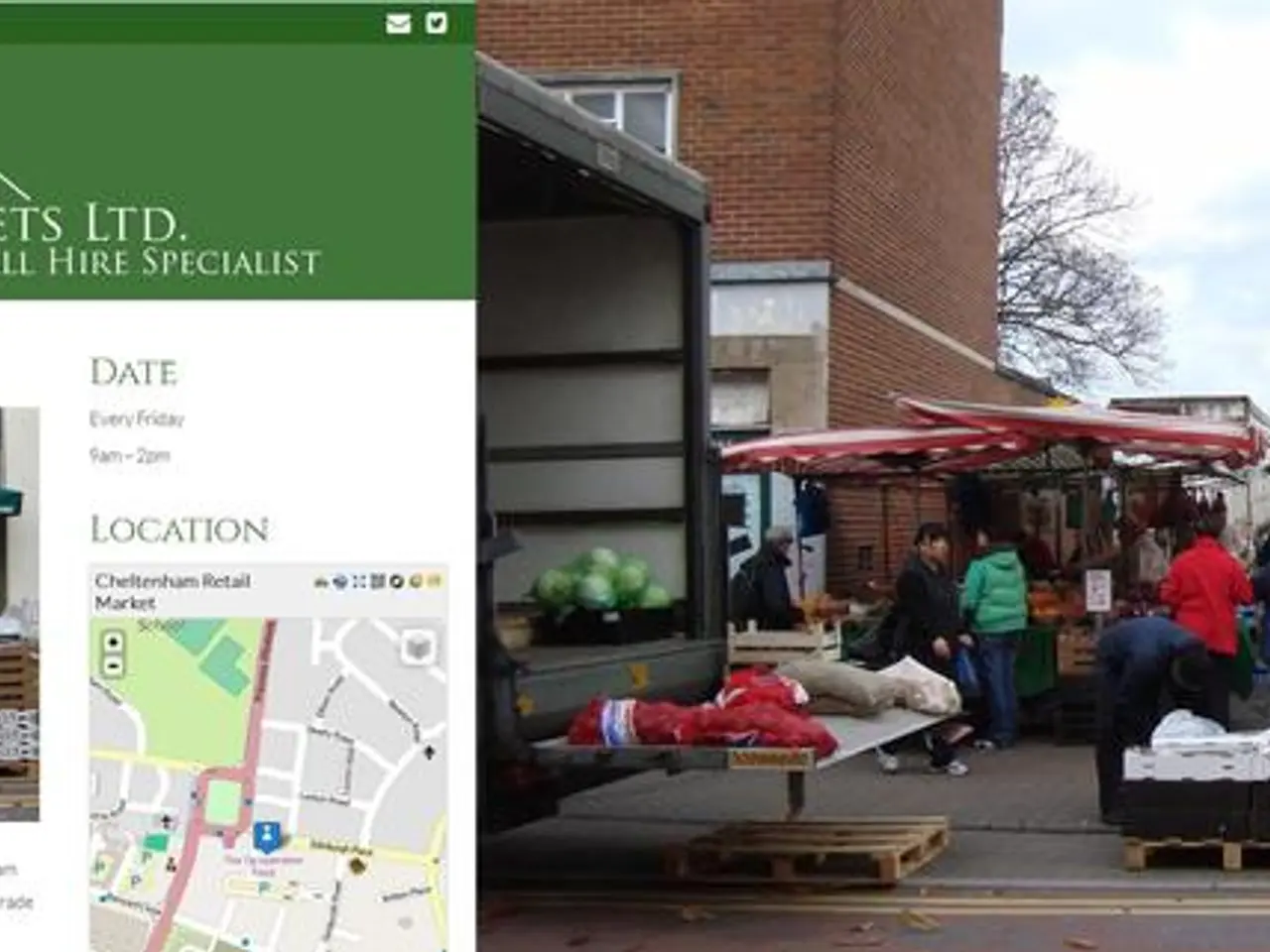SeatGeick Submits Secretive IPO Papers, a Year After SPAC Agreement Fallout
SeatGeek, the mobile-first ticketing platform, has taken a significant step towards going public. In April 2023, the company filed confidentially for an Initial Public Offering (IPO) with the Securities and Exchange Commission (SEC). This move positions SeatGeek as a likely candidate for a public offering in 2024 or possibly 2025, if market conditions are favourable.
Unlike traditional IPO filings, SeatGeek opted for a confidential filing, keeping its securities registration documents private. This approach allows companies to keep financial details and other sensitive information out of the public eye during the initial review phase. Once the SEC review is complete and the company plans to proceed, the registration is made public, and the company can set a date for its roadshow and IPO.
The confidential IPO process, introduced in 2012, is open to companies of any size. It offers more privacy and gives companies more options about when—and if—to make their offering. SeatGeek's decision to go for a confidential IPO allows it to avoid the potential embarrassment of deciding not to go ahead with an IPO.
SeatGeek's financial performance has been impressive. In 2021, the company reported revenue of $186.3 million, a significant increase from $33.2 million in 2020 (a COVID-disrupted year) and $142.2 million in 2019. These figures were disclosed in an SEC filing.
The company, which was founded in 2009, has deals across all five major U.S. leagues and major European soccer. SeatGeek's business originally centered around secondary sales, but it has since become an early advocate for open ticketing networks. Its prior investors include the Manning brothers, Carmelo Anthony's Melo7 Tech, the rapper Nas, Elysian Park Ventures, Causeway (whose principals include Boston Celtics owners Wyc Grousbeck and Mark Wan), and others.
In a recent funding round, SeatGeek raised $238 million at a $1 billion valuation. The decision to call off the merger last year was mutual. SeatGeek is now pushing its tech advantage to assist teams with ticketing and broader fan experiences. Investors in the recent funding round include Accel, Arctos Sports Partners, Wellington Management, and Ryan Smith, the owner of the Utah Jazz.
SeatGeek's biggest competitors in the ticketing market are public companies, including LiveNation/Ticketmaster (NYSE: LYV) and Vivid Seats (Nasdaq: SEAT). However, the confidential IPO process allows SeatGeek to approach potential qualified buyers just 15 days after its public filing with the SEC. This shorter waiting time before a company can begin its roadshow to drum up institutional investor enthusiasm for the offering is another advantage of the confidential IPO process.
As of late July 2025, there is no public confirmation of a completed IPO, indicating that the process may still be underway or preparing for launch within the next year. Stay tuned for updates on SeatGeek's journey towards a public offering.
SeatGeek's decision to go for a confidential IPO also implies that it can conduct a thorough analysis of the market conditions before making its offering public. With its impressive financial performance and strategic focus on technology, SeatGeek's analysis could potentially lead to a significant impact in the sports ticketing industry, as it competes with publicly traded companies like LiveNation/Ticketmaster and Vivid Seats.




